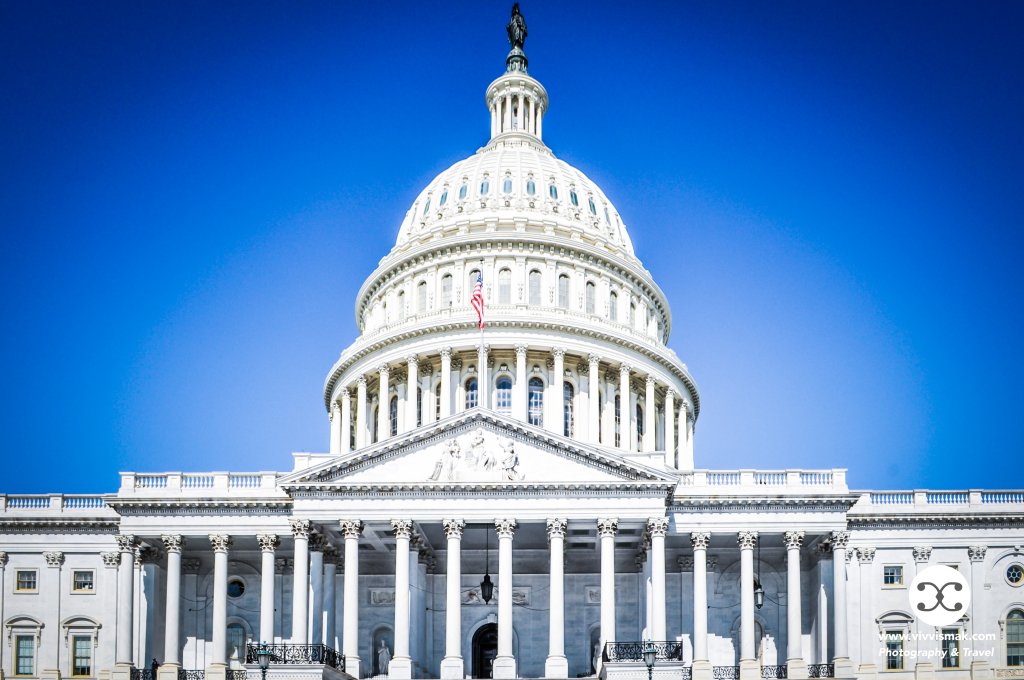For the week ending January 10th
ASSERTING CONGRESSIONAL CONTROL OVER WAR WITH IRAN: The House on Jan. 9 voted, 224 for and 194 against, to require the administration to obtain advance congressional approval for military actions against Iran or its proxy forces except when there is an imminent threat to the United States, its armed forces or its territories. The measure (H Con Res 83) invoked the 1973 War Powers Resolution, which asserts the power of Congress to declare war under Article I of the Constitution. Under the Vietnam era law, presidents must notify Congress within 48 hours when they send the U.S. military into combat, then withdraw the forces within a specified period unless Congress has declared war against the enemy or otherwise authorized the action. Democrats said the measure will have privileged status in the Senate and be eligible for passage by a majority vote there. But Republicans called it non-binding. The war powers law has never been successfully used to end hostilities abroad. Last year, the House and Senate invoked it to end America’s military involvement in Yemen’s civil war, but were turned back when President Trump successfully vetoed the measure.
A yes vote was to send the measure to the Senate.
YES: Deb Haaland, D-1, Xochitl Torres Small, D-2, Ben Ray Luján, D-3
REGULATION OF “PFAS” CHEMICALS: Voting 247 for and 159 against, the House on Jan. 10 passed a bill (HR 535) that would give the Environmental Protection Agency one year to designate a class of chemicals known as “PFAS” for coverage by the federal Superfund law, which requires abandoned toxic sites to be cleaned up and imposes retroactive legal liability on those responsible for the pollution. The designation would require cleanup actions near scores of military bases and manufacturing sites throughout the United States where PFAS compounds have leached into groundwater and drinking water. But they would join a long list of Superfund sites awaiting remediation. The bill would also require the EPA to set standards for PFA air emissions and levels in drinking water and test all PFAS compounds within five years, and it would bar new compounds from the marketplace. PFAS stands for perfluoroalkyl and polyfluoroalkyl substances. They are components of fire-fighting foam used at airports and military installations as well as nonstick cookware; personal-care products including floss and makeup; household items including paints and stains; water-repellent clothing and carpeting; and other everyday products. There are more about 7,800 PFA compounds, some of which the Food and Drug Administration has approved for use in food packaging and medical devices, others of which are linked to health conditions including kidney, liver, testicular and pancreatic cancers; infertility; weakened immune systems and impaired childhood development.
A yes vote was to pass the bill.
YES: Haaland, Torres Small, Luján
PROTECTING ‘UNBORN CHILD’ FROM PFAS: Voting 187 for and 219 against, the House on Jan. 10 defeated a Republican-sponsored motion specifying that “the unborn child” be included in the “vulnerable populations” protected from PFAS in HR 535 (above) sections concerning the Safe Drinking Water Act.
A yes vote was to adopt the motion.
NO: Haaland, Torres Small, Luján
SMALL BUSINESS ADMINISTRATOR JOVITA CARRANZA: Voting 86 for and 5 against, the Senate on Jan. 6 confirmed Jovita Carranza, the United States treasurer since June 2017, as administrator of the Small Business Administration, replacing Linda McMahon, who resigned in April 2019. After a career of nearly three decades with UPS, Carranza served as deputy SBA administrator under President George W. Bush from 2006-2009. Carranza, 71, was raised in Chicago as the child of immigrants from Mexico.
No senator spoke against the nominee.
YES: Tom Udall, D, Martin Heinrich, D
HOUSE Deb Haaland (D) Ben Ray Luján (D) Xochitl Torres Small (D)
SENATE Martin Heinrich (D) Tom Udall (D)
Contact your legislators at the U.S. Capitol
Zip codes: House 20515, Senate 20510
Capitol operator: (202) 224-3121
Courtesy of Voterama In Congress © 2019 Thomas Reports Inc.

